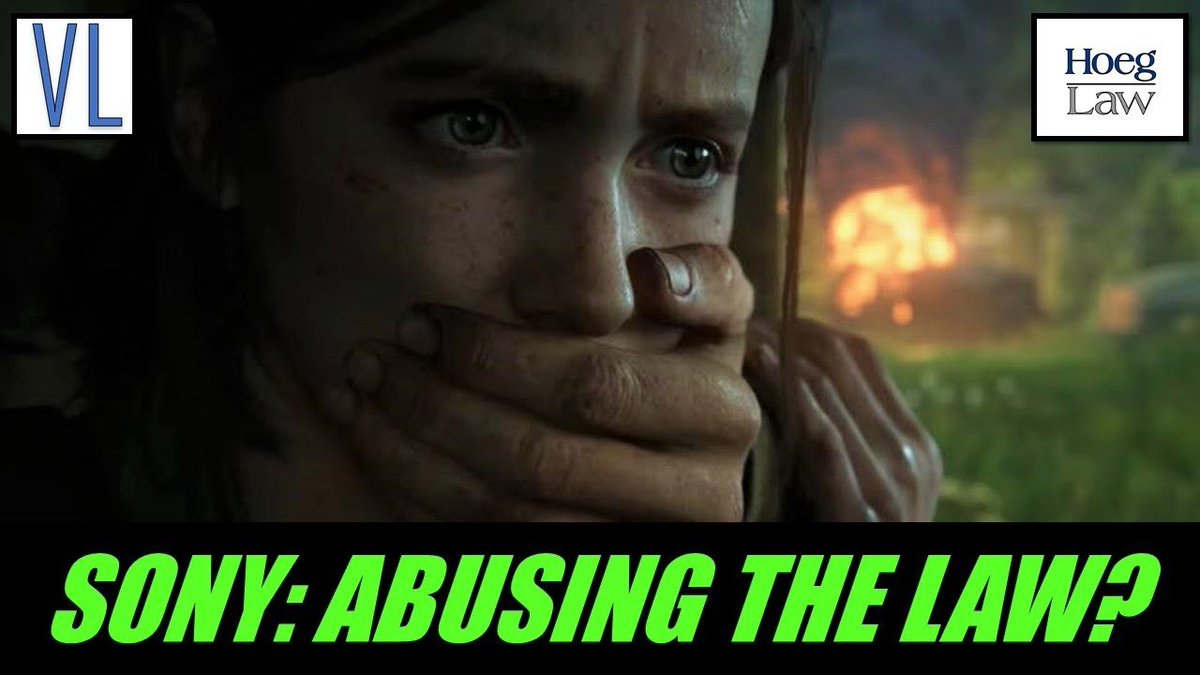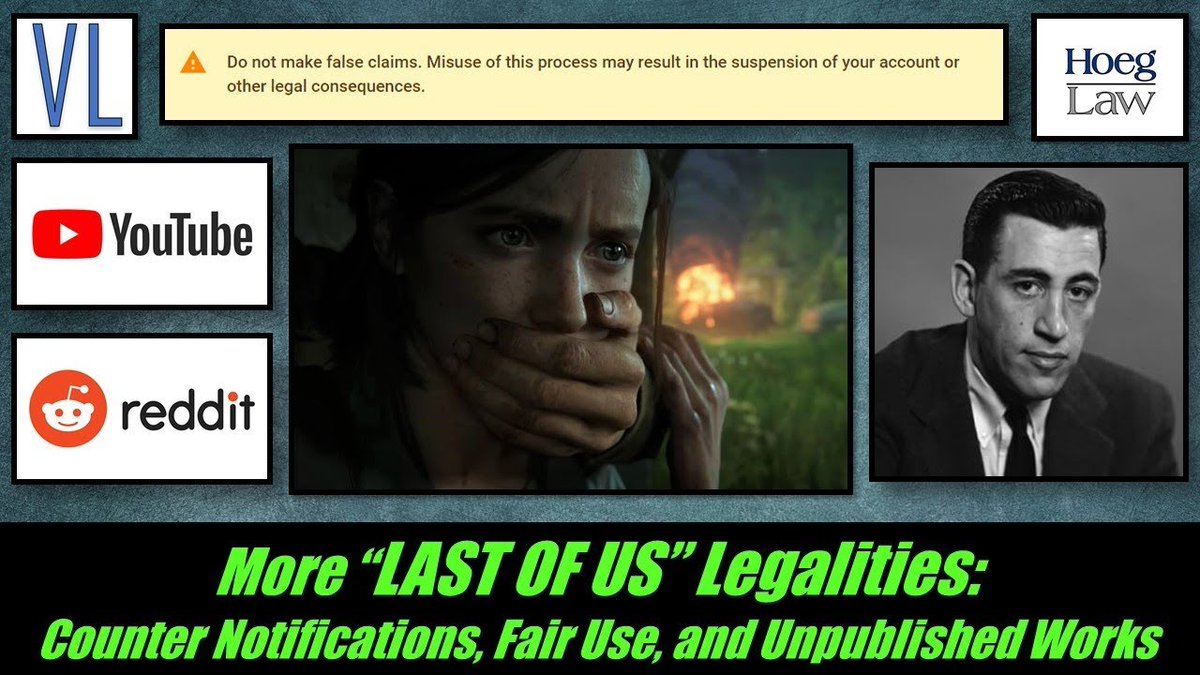
This piece is wrong in that it completely misses the distinction between “society” and “government” (not to mention in treating a bureaucracy’s unelected officials as emblematic of “democracy” itself.)
That said, it’s a common erroneous conflation and one I may discuss further.
That said, it’s a common erroneous conflation and one I may discuss further.
https://twitter.com/gamespot/status/1398987610165592069
Specifically, Mass Effect has a great deal of faith in “people” (or more specifically, individuals). It does not have really any faith in collective action or institutions (including the military). It’s a very 80s media approach to the question (think Ghostbusters and the EPA).
So the article is wrong on its premises, and from there wrong on its argument and conclusions, but one interesting question is ‘Why?’.
As @GameOverThirty rightly points out, there is a common thread in most media that your protagonist has to have agency. As they are only one individual, that usually means the institutions at play in a given story have to be incapable in some respect of dealing with a situation.
So it’s not an unusual state of affairs. In the 80s this was most often seen in stories of government incompetence. This then graduated (or shared space) with corporate incompetence or incompetence of religious institutions.
But one thing that appears to have changed is that from certain media’s perspective, having any incompetent *government* representation in a story is an attack on the concept of government (or more often, democracy) itself. That is not the case.
Like all institutions government is made up of human beings. Some are great. Some are not. In a story interacting with a government it often makes sense to have a government official (like, oh, a galactic ambassador), serve as a point of external conflict.
But that doesn’t necessitate a reading that the story itself believes anything in particular about ambassadors, simply that the authors believed that *this story* was best served by providing “friction” in that role. Ghostbusters doesn’t *really* care about the EPA.
Which leads us all the way back around to story vs sermon. When folks complain about “politics” in games (or movies or media) at least some aren’t just doing it because they’d prefer “their politics”, etc. But instead because they believe that “story comes first”.
If the *story* would be best served by having a social climbing ambassador or a blind EPA agent, then the story should have that included...outside readings be damned. The alternative is to water down storytelling for how it *might* be perceived. A problem we often see today.
Now is Mass Effect or Ghostbusters as *important* as REAL WORLD PROBLEM X? Perhaps not obviously so. But storytelling as an art form itself absolutely is. It’s another avenue for human beings to feel and to connect, and one of our most important.
I’d much rather have great storytellers using their skills to try to tell great stories than looking over this shoulders at whether or not characterizing an ambassador (or EPA) agent in one way will be viewed as an attack on democracy.
/End of Thread
/End of Thread
• • •
Missing some Tweet in this thread? You can try to
force a refresh











